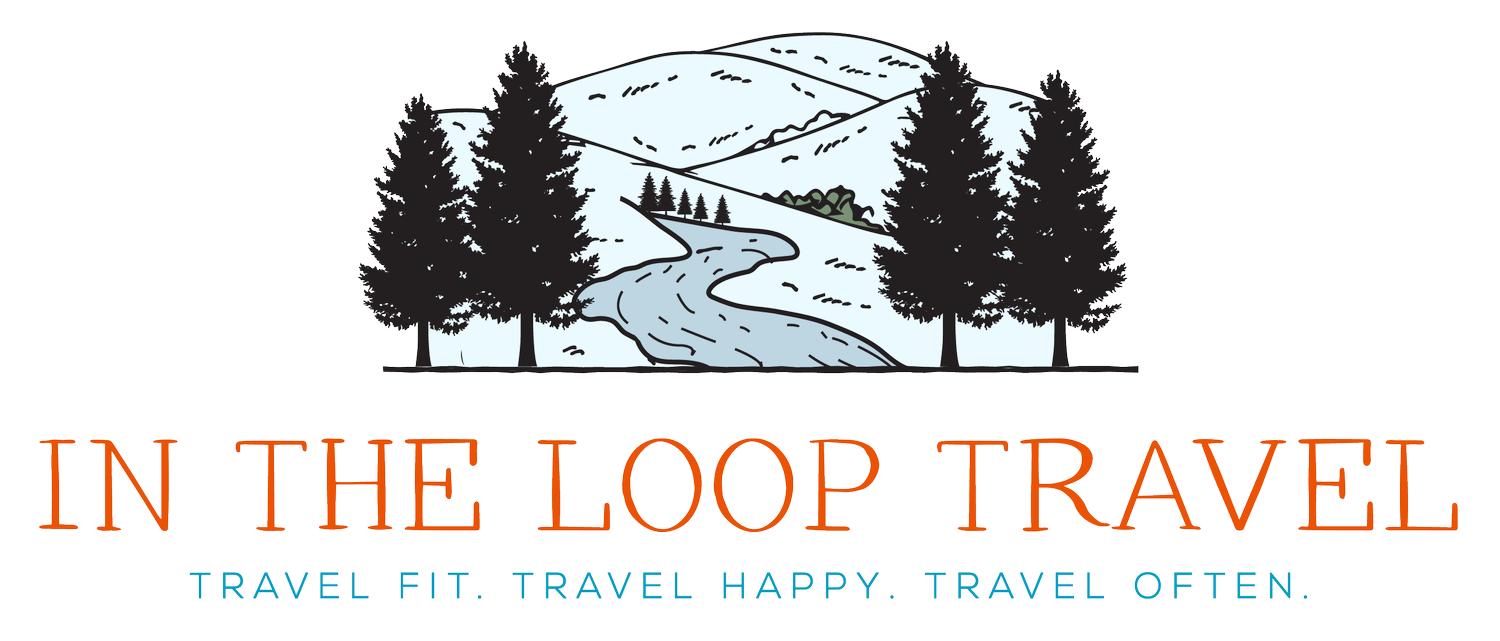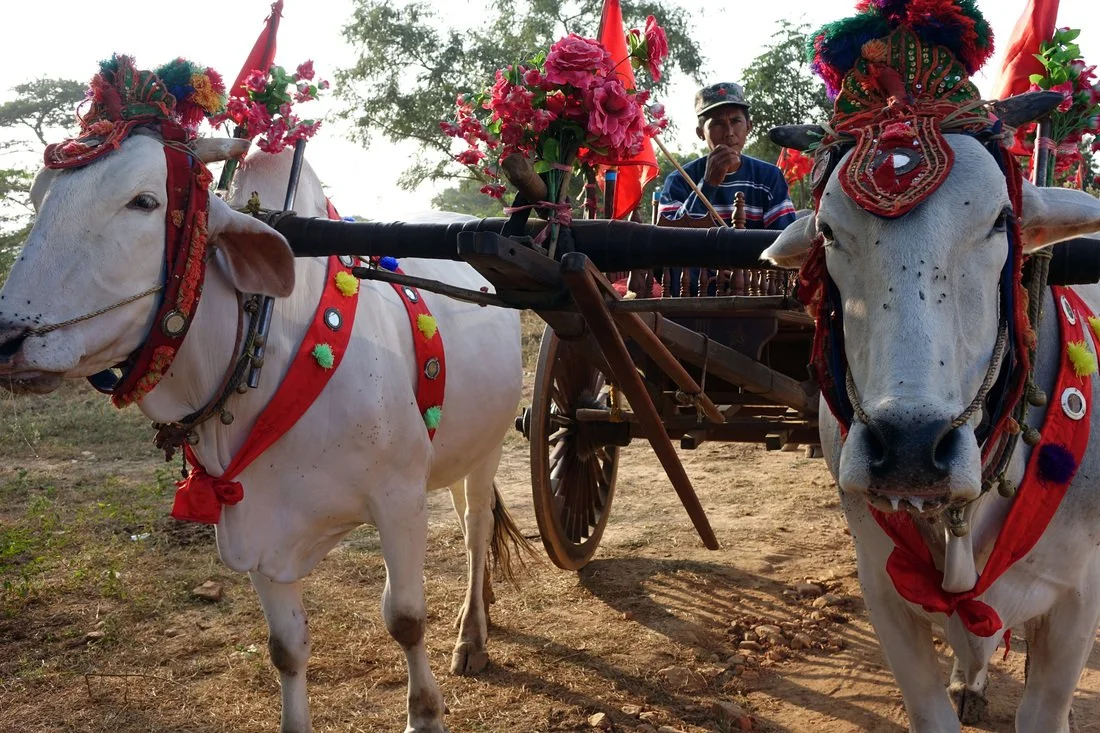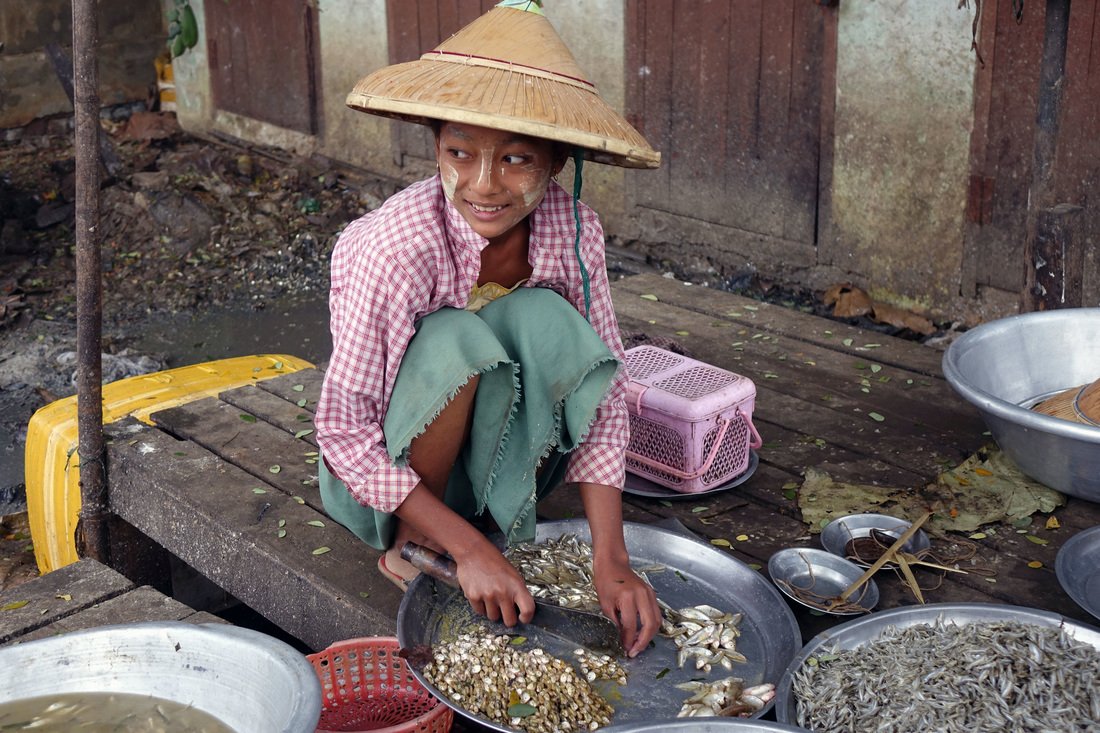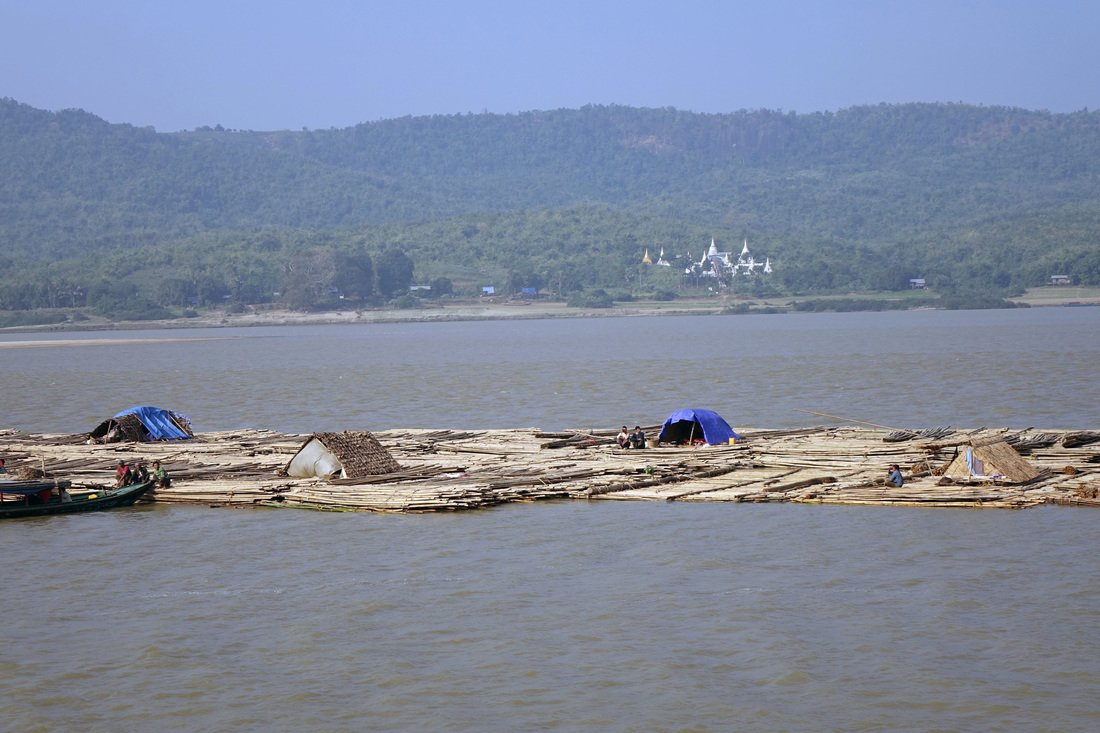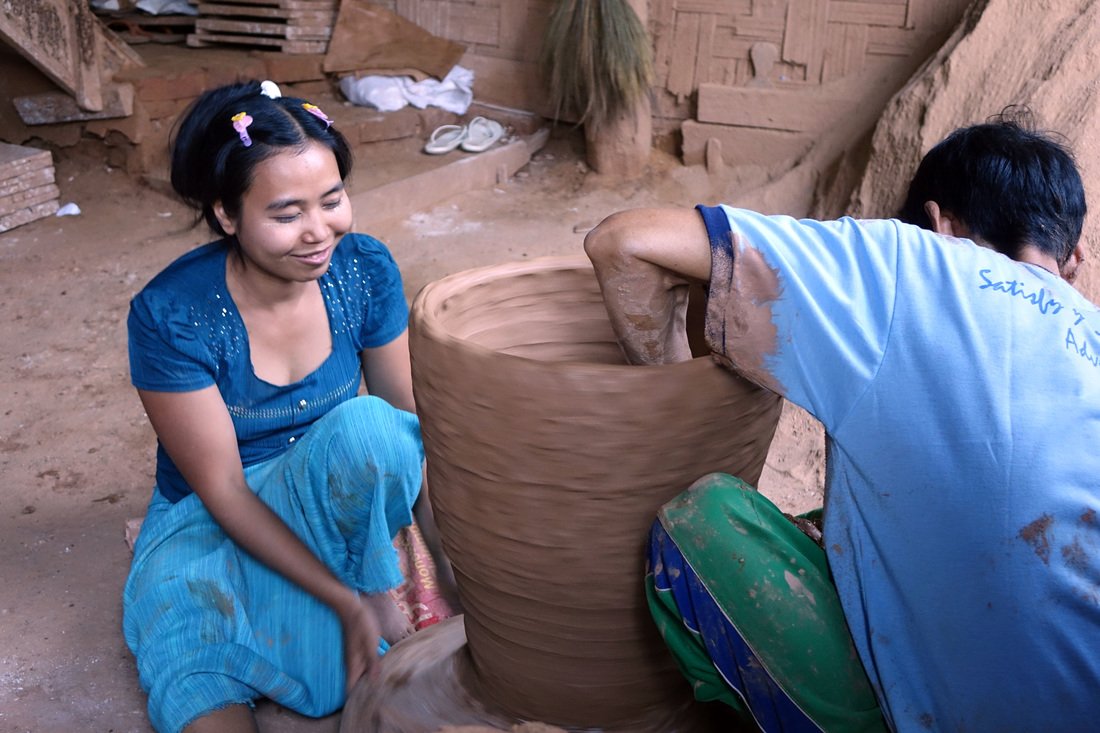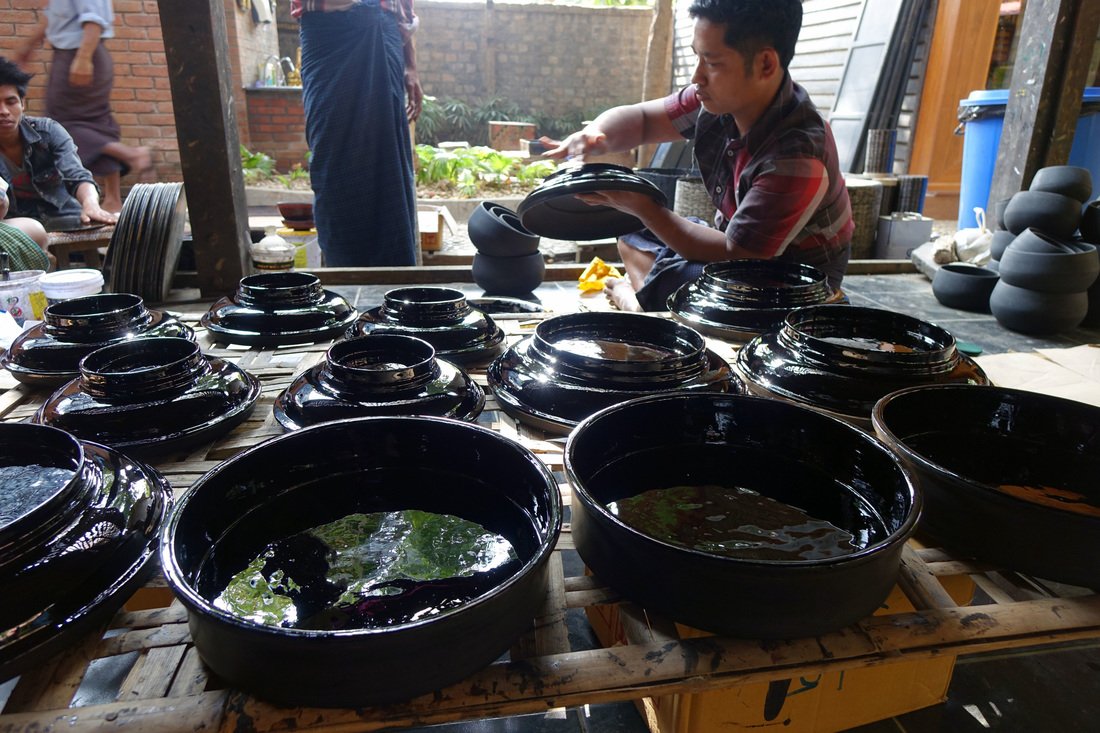Our Trip to Burma. A Series in Postcards. Part 4: Daily Life.
Burma is an enchanting land in the middle of a transformation. After decades of harsh rule under a military junta, the Burmese people are riding a wave of optimism as the country, also known as Myanmar, transitions toward a more open relationship with the Western world, and a new government promises more political and economic freedoms.
I was lucky to visit Burma during an adventurous Irrawaddy River cruise with Avalon Waterways on its new ship Avalon Myanmar. It was an amazing experience, seeing a land with such a unique history and people unfailingly friendly and welcoming. Most Burmese people are as interested in new visitors to their little-seen farming and crafts trade villages as we are in seeing how they live and their proud traditions.
In a five-part series on In The Loop Travel, I will offer my "Postcards of Burma" to showcase the country and its beautiful people. The series highlights photos that depict Burma's Children, Beliefs, Agriculture, Daily Life and Cultural Touchstones.
Please enjoy, and always travel happy!
JR
A fishmonger's wife carries baskets and pots through the village of Kyundaw on the Irrawaddy River. The fishing village of about 250 families is considered one of the more well-off spots in the northern region of Burma.
Buddhist monks take to the streets at daybreak in the village of Katha in a ritual that plays out all over the country. Monks in Burma come out to receive alms because they rely on the charity of villagers for their meals.
Oxen are covered in ceremonial dress. The animals are decorated and used to pull carts for important ceremonies, such as funeral rites, weddings and novitiation ceremonies for young Buddhist monks.
A woman cuts up tiny fish at a market in Katha. Markets are crucial to daily life in Burma because of the lack of refrigeration. People typically head to the market twice a day to get fresh food for their family meals.
A large raft made of tied-together bamboo logs floats along the Irrawaddy River. Workers collect bamboo upriver and float the rafts down to Mandalay to deliver the commodity to market. Rafts such as this can hold sleeping quarters and small structures as people live on them for two weeks or more while floating downriver.
A woman and her father work together to make large pottery jars. The Alibaba jars are the primary industry in the village of Kyauk Myaung. Most of the 15,000 residents work in the industry. This woman went to college to receive a degree in physics but returned home to help her family.
Workers in a lacquerware workshop in Bagan apply the black shiny coating to crafts made with fine strips and coils of bamboo. Lacquerware is a top industry in Bagan, which from the ninth to 13th centuries was the capital of the empire that would unite what is modern Burma.
